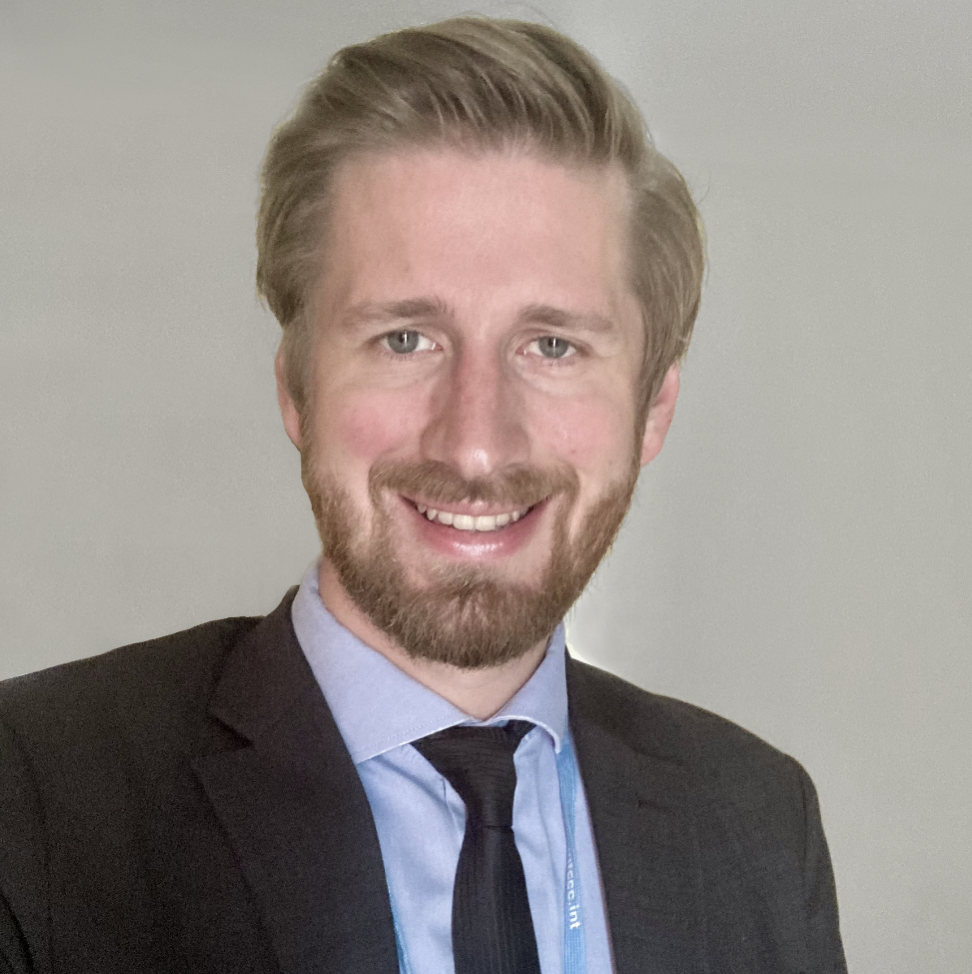Tjark joined SystemX in 2020 to work on his PhD thesis dedicated to scenario-based design of people-centred mobility solutions for urban systems. He revisits his experience carry out his doctoral work performed within the Anthropolis chair and supervised by the Laboratoire Génie Industriel (LGI), CentraleSupélec and Université Paris-Saclay
What was the topic of your thesis?
Cities are key CO2 emitters and determine the quality of life and access to services of 60% of the population. As part of my PhD at the Anthropolis Chair, I studied how we can support the design of more sustainable and people-centred solutions for such urban systems. Integrating future uncertainty at the design stage is a significant challenge for public and private stakeholders. So far, existing methods require substantial financial and human resources.
To respond to this challenge, I developed a support framework for designing urban solutions. My research combined qualitative and quantitative approaches, including scenario planning, persona-based design, and agent-based simulation. This resulted in a set of decision-making tools based on scenarios that simplify the integration of future uncertainties in the design processes of urban mobility solutions. These tools have been tested in Paris and Cairo. Through these case studies, we have been able to demonstrate that such tools contribute to the design of mobility solutions that are more ‘future-proof’ as well as people- and user-centred.
What will you remember especially from your thesis?
First and foremost, the network of the Anthropolis Chair enabled me to collaborate both with industrial partners and the public sector. Secondly, the organisational and financial support offered by IRT SystemX helped me to pursue and intensify parallel activities within the academic and international development context. Finally, thanks to SystemX, I could spend two months at the American University in Cairo as an invited researcher to develop a second use case. The combination of these three elements was crucial to keep the research rooted in reality and collect data and feedback from practice and academia.
What is your best memory of SystemX?
The Anthropolis Chair organised annual public colloquiums to meet with partners, invite keynote speakers, and present its work. The first one took place entirely online because of Covid-19, but the second was organised on-site at SystemX, enabling us to have in-depth discussions. All the partners were brought together for a day to explore different avenues for research towards people-centred urban mobility. I keep a very good memory of this event.
What are your plans for the future?
Since October, I have been working as a Carlo Schmid Fellow at the World Bank in New Delhi as part of the Climate Change and Disaster Risk Management unit for South Asia. This permits me to pursue my research on sustainable urban development and apply some components of my PhD research on future scenarios and uncertainties. Further, Artificial Intelligence and data-based approaches are also gaining momentum in the area of disaster risk management. I hope to be able to contribute further to this area, which is at the crossroads of technical innovation and the development of public policies.
To know more about Tjark:
 Thesis topic:Scenario-based design of people-centred mobility solutions for urban systems
Thesis topic:Scenario-based design of people-centred mobility solutions for urban systems
R&D project: Anthropolis Chair – Human-centred mobility (HCM)
Institution: Laboratoire Génie Industriel (LGI), CentraleSupélec, Université Paris-Saclay
Degree obtained before the thesis: MSc Urban Management and Development, Erasmus University Rotterdam; MSc Architecture, Technical University Brunswick


![[Video] Interview with Rim Kaddah](https://www.irt-systemx.fr/wp-content/uploads/2024/10/Capture-decran-2024-10-17-a-15.24.15.png)
